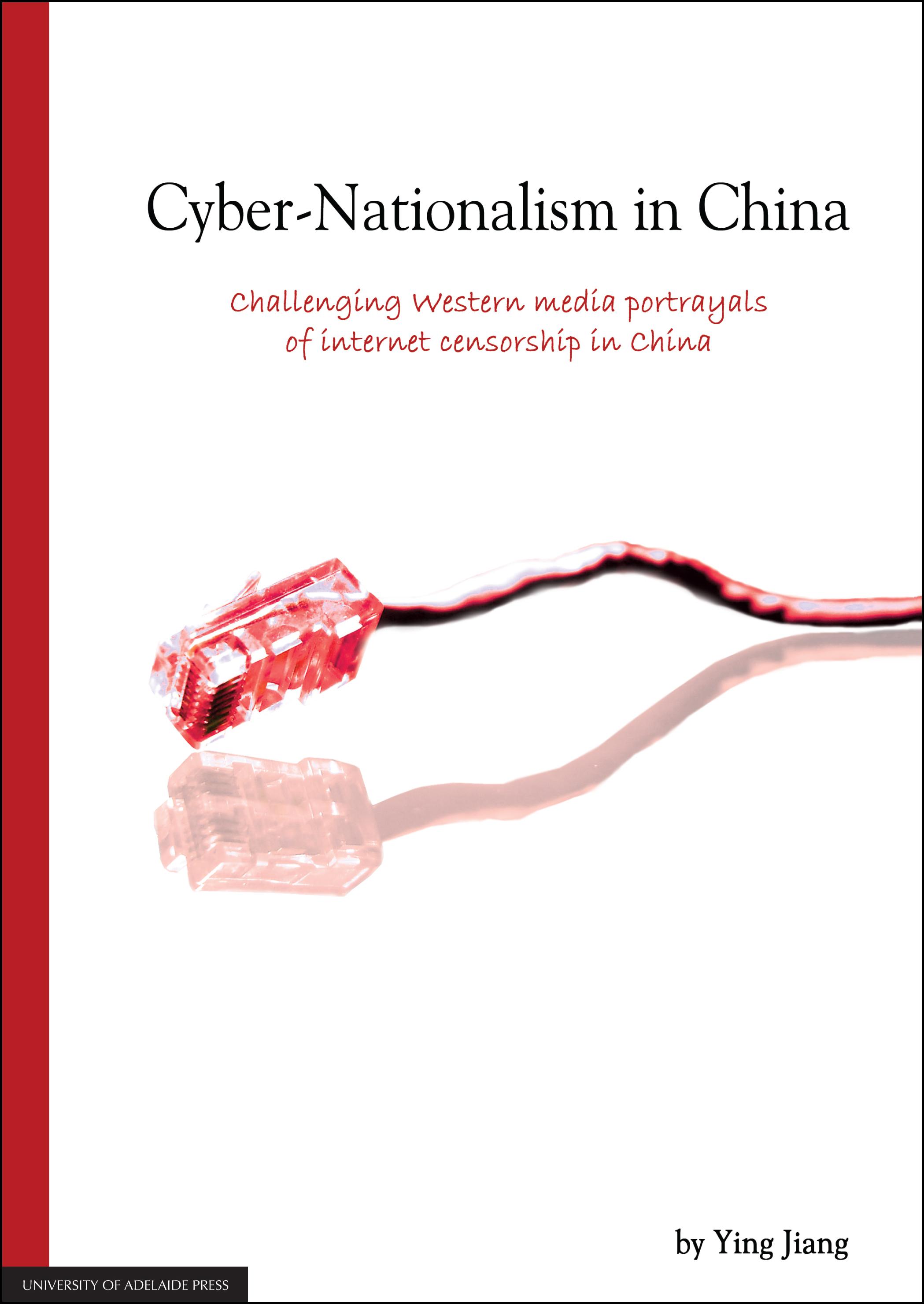Cyber-Nationalism in China

Challenging Western media portrayals of internet censorship in China
by Ying Jiang
FREE | 2012 | Ebook (PDF) | 978-0-9871718-9-4 | 156 pp
The prevailing consumerism in Chinese cyberspace is a growing element of Chinese culture and an important aspect of this book. Chinese bloggers, who have strongly embraced consumerism and tend to be apathetic about politics, have nonetheless demonstrated political passion over issues such as the Western media’s negative coverage of China.
In this book, Jiang focuses upon this passion — Chinese bloggers’ angry reactions to the Western media’s coverage of censorship issues in current China — in order to examine China’s current potential for political reform. A central focus of this book, then, is the specific issue of censorship and how to interpret the Chinese characteristics of it as a mechanism currently used to maintain state control.
While Cyber-Nationalism in China examines fundamental questions surrounding the political implications of the Internet in China, it avoids simply predicting that the Internet does or does not lead to democratization. Applying a theoretical approach based on the Foucauldian notion of governmentality, the book builds on current scholarship that has attempted to move beyond examining the dynamics of the socio-cultural and political use of new media technologies.
Instead, this book’s more intricate theoretical approach does not only accommodate the kind of liberal (apolitical or political) use observed on the Internet in China, but indicates that desires for political change, such as they are, are implicitly embedded in the relationship between China’s online communities and state apparatus — noting, however, that the latter claims total governance over the Internet in the name of the people.
About the author
Ying Jiang grew up in China, studied and worked in Switzerland, Scotland and England before she came to Adelaide to pursue a doctoral degree in 2006. Ying is currently a lecturer with tenure in Media at the University of Adelaide. In 2008, Ying was selected as one of the 100 outstanding young Chinese leaders in the world by Hong Kong Dragon Foundation. Ying has worked for the United Nations Office (Switzerland), British Petroleum (England), and TV stations (China) before she decided to embark on an academic journey in Australia. Ying is also a research member of Soft Power Advocacy & Research Centre at Macquarie University, focussing on the use of social media in public diplomacy.
